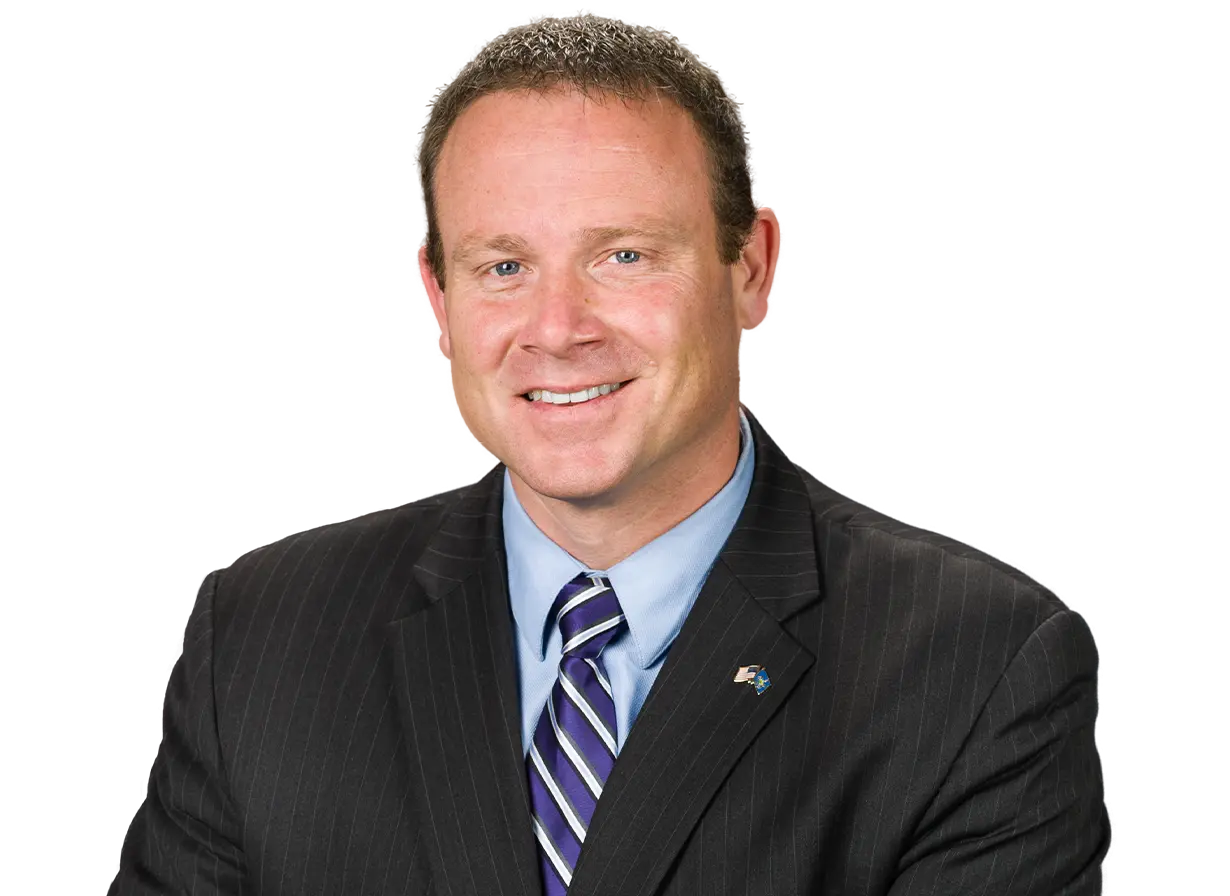2015 PSP Incident Numbers by Municipality
Let’s start by getting one thing straight: State Police coverage is not free for anyone in Pennsylvania.
Governor Wolf recently proposed a new $25 tax on every Pennsylvanian who lives in an area without a full-time local police force. Representative Sturla has introduced similar legislation in the House of Representatives. Although the governor and advocates of the fee argue that the proposal will make municipalities pay their “fair share” for police coverage instead of getting it “for free,” the reality is this plan would be a form of double taxation on predominantly rural communities.
The assumption that citizens who aren’t covered by a municipal police force are getting State Police coverage for free is demonstrably false. This argument ignores the fact that the Pennsylvania State Police is not funded by municipalities; their funding comes directly from state taxpayers. Every Pennsylvanian pays for State Police coverage through state income and sales taxes, driver licensing fees, gas taxes, fines and other levies paid by citizens in urban and rural areas alike.
Most communities that carry a heavier tax burden in order to fund their own local police force do so because they choose to, not because they are forced to. This should be a choice made locally by elected officials that can be held accountable by the people they represent – not an ill-considered and unfair mandate from the state.
Another false assumption is the idea that communities with their own municipal police force do not rely on State Police coverage. In fact, the opposite is true. Statewide, approximately half of all State Police response calls take place in communities that have some form of local police coverage. State Police responded to more than 34,000 incidents in the City of Philadelphia in 2015 alone. Some rural townships and boroughs didn’t require a single police response during that same time frame.
Also, tax advocates ignore the fact that the number of response calls is only one part of the equation. Urban centers – where crime is far more prevalent – demand an enormous percentage of other State Police resources, including police backup, crime lab services and special event security.
Communities without their own police force are being asked to pay an additional tax for the demands they place on State Police. Why is Governor Wolf not asking municipalities with their own police force to do the same? Lancaster City has a full-time local police force, yet the State Police responded to 230 incidents in the city in 2015. Bart Township, without its own police force, had only 213 incidents for which the State Police responded. It does not make sense that residents of only one of these municipalities are being asked to pay more.
When this tax was first proposed in February, many municipal leaders asked what rural communities would receive in exchange for the additional tax burden they would be paying. Through a series of public hearings on the issue, the answer from the Pennsylvania State Police was clear – they would get nothing.
The State Police would not hire additional troopers. They would not enforce local ordinances. Currently, the State Police do not patrol regions without their own full time police force, like local police do and this would not change under the proposed legislation. There would be no measurable improvement in public safety in rural communities. The only change would be rural residents paying a lot more money to receive the same level of service.
Some tax-backers have called the $25 fee a bargain. If they think that paying more for the same service is a bargain, then I would suggest they don’t know the meaning of the word.
The other big question from municipalities was whether the $25 tax rate was set in stone, or whether it would increase based on the whims of lawmakers. Advocates of the governor’s plan recently confirmed these fears at a public hearing by describing the $25-per-person tax rate as a starting point which would increase on an annual basis. Even more concerning is that Representative Sturla’s proposed legislation would increase the amount over time to over $109 per person. One of the painful truths of government is that once a tax is created, it is far more likely to increase than to ever decrease. This tax will not be an exception to that rule.
The bottom line is this: the Pennsylvania State Police provide services to the entire Commonwealth and no one is getting a “free ride.” We are fortunate to have many dedicated and courageous police officers and troopers who work diligently to make our communities safer. Our focus should be finding ways to make their jobs easier and safer instead of inventing new schemes to take more money out of the pockets of Pennsylvanians.
CONTACT: Terry Trego (717) 787-6535


